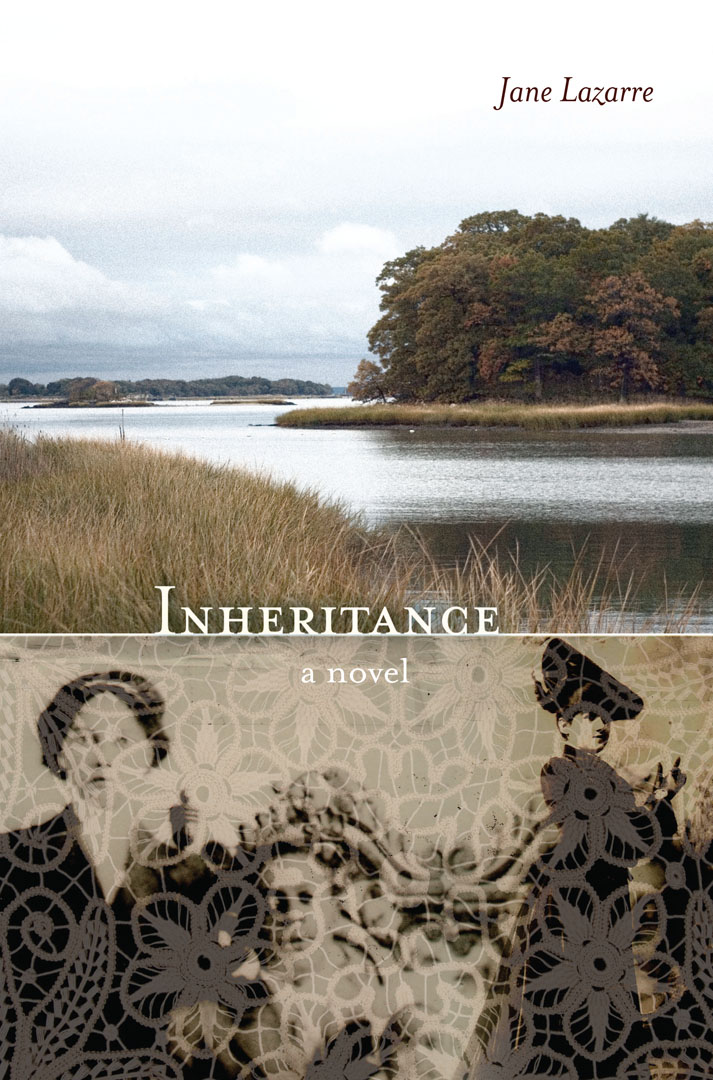Rejoining the Parts: A Conversation with Jane Lazarre About Race, Fiction, American History and Her New Novel, InheritancePosted in Articles, History, Interviews, Media Archive, Social Science, United States, Women on 2011-11-17 22:38Z by Steven |
Tenured Radical
The Chronicle of Higher Education
2011-11-15
Claire Potter, Professor of History and American Studies
Wesleyan University, Middletown, Connecticut
Jane Lazarre is a writer of fiction, memoir and poetry who has published many books, beginning with her memoir, The Mother Knot (1976; reissued in 1997 by Duke University Press) and most recently,Inheritance, A Novel (Hamilton Stone Editions, 2011). She has taught writing and literature at New York’s City College and at Yale University; and for many years directed and taught in the undergraduate writing program at Eugene Lang College at the New School.
Tenured Radical: The title of the book — Inheritance — asks the reader to think about what is passed down, generation to generation. But in the first chapter we are confronted with Sam’s frustration and anger that, as a young woman with a white and a black parent, she knows so little of her family history. We come to understand that our historical “inheritance” not only can’t be taken for granted and but also sometimes requires active recovery. How did you come to understand that this was the story you wanted to tell about America’s racial past?
Jane Lazarre: From my early experiences in the late 1960s as a new member, by marriage, of an African American family, and throughout the years of raising two Black sons, I became deeply aware of how much I, as an American and as a white American, did not know about African American history — which is a central, defining part of American history. At the same time, of course, I began to understand all I was unaware of about race, despite a deeply anti-racist upbringing. As a mother, a writer and teacher, I began to study the subject. I saw that I was part of a great majority of white Americans of all ethnic backgrounds, in my ignorance of the complex forces of American racism…
…TR: We’ve heard so much since 2008, and the election of Black president with a white mother, about the United States finally being “post-racial,” and a new kind of fantasy about the beneficial effects of race-mixing, or multiracialism, seems to play a big role in this. But several multiracial characters in Inheritance make the point strongly that they are not immune from racism and that not to be recognized as Black is to deprive them of an inheritance of struggle. Can you elaborate on this theme a bit?
JL: I wrote extensively about this subject in my memoir, Beyond the Whiteness of Whiteness, a title that is a take on Ralph Ellison’s famous exploration, in Invisible Man (1952) of “the blackness of blackness.” I disagree strongly with the idea that the election of President Obama is the signal and sign of our “post-racialism.” I know that people of color, including people with one white parent, experience racism every day, even if there have been significant changes in our legal, and even social, attitudes. I believe that all of us, as Americans, are inheritors of the struggle of African Americans to both liberate and recreate themselves, and we deny this connection at our peril and to our great loss. Samantha Reed, the daughter of a (half) black father and a (Jewish) white mother, knows at a very early age that her identity, her history, her future, and even her unconscious (shown in the “white dream” she inherits in the Prologue of the novel,) are profoundly affected by, laced with, absorbed in, her heritage and her life as a Black woman in America. That does not mean she rejects or dismisses her other ethnic histories, nor that she does not love “the three white women whose histories flow into [her] own,” as she says in the early pages of the book. But I am saying, in this novel, as in other works, the lessons I have learned from my life as a mother, now a grandmother, as a teacher of African American literature and a writer about race: that so-called mixedness means little in American history. As I said above, many enslaved Americans, including the great Frederick Douglass, were “mixed” due to rape or forced sexual unions, and nevertheless remained enslaved. Racism in this country is not unchanged from previous centuries, or even previous decades, but as many cultural theorists have written, our educational and prison systems are evidence to the ongoing racism still permeating much of our lives…
Read the entire interview here.
